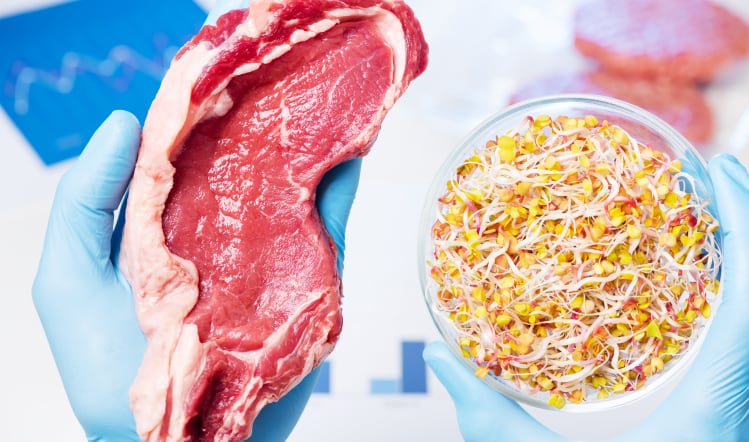Managing director Alex Demetriou’s comments pointed toward the potential impact on the availability of migrant workers as the most significant challenge facing producers in the UK this year.
“Last year saw a decline of migrant workers travelling to the UK to pick fruit and vegetables because of the uncertainty over Brexit, so we are expecting the numbers prepared to travel this summer will be even fewer,” he explained. “This is likely to leave a large gap in the labour required – and no real solution to fill it.
“With only 1% of fruit pickers coming from the UK workforce, it’s going to take a seismic shift in labour force and attitudes to fruit picking to rectify the current imbalance. The bottom line is that a shortage in labour may well lead to crops not being picked in time and therefore wasted, as well as a potential under-supply for the UK and export market.”
Forefront of many manufacturers’ minds is the mounting input cost of producing food. Tensions in the Middle East have led to an increase in fuel prices, while staffing costs – especially surrounding the likes of the National Living Wage and the Apprenticeship Levy – have resulted in cuts to overtime hours and bonuses for employees in a bid to improve margins.
Challenging conditions
“The pressures on operating food and drink businesses at the moment are immense, competition is strong and the margins are often tight, leaving little room for movement,” Demetriou added. “The recent increase in minimum wage and higher pension contributions have made making a profit very difficult in already challenging conditions.
“Some of those businesses hoping for a good December to bolster their profits have been left bitterly disappointed and have had to close their doors. For others, December’s trading was positive and they move into the new year with a little more optimism.”
Despite the doom and gloom surrounding the current geopolitical climate, there is still some hope for food and drink manufacturers looking to turn a profit. While the spread of swine flu in China has been devastating for local producers, it opens up the area to UK exporters of pork looking to cash in on the country’s diminished stocks.
“China’s interest in importing British beef to help plug the shortfall of meat protein is good news for our farmers and producers as it will help to drive up the price,” said Demetriou. “As the world’s second largest importer of beef, the Chinese deal for the British beef industry is expected to be worth around £250m during the first five years, once the terms are agreed.”
Growth of vegan
Another huge opportunity for manufacturers in 2020 is the continued rise of veganism in the UK. Despite only 2% of consumers choosing to follow a vegan diet, almost a quarter of food products launched last year contained no meat or dairy products, a marked change for the British food industry, Demetriou noted.
“The growth in vegan products is a direct response to the number of people who are simply choosing to eat meat less frequently and are substituting with plant-based alternatives,” he continued.
“What started as a trend is quickly turning into a way of life for many thousands of UK consumers. Veganuary has been a very powerful marketing tool, harnessing people’s interest in trying new foods, while adopting a healthier approach and lifestyle.”
The beginning of the year also played host to the drinks movement Dry January, which encouraged the public to give up alcohol for the month. Much like Veganuary, record numbers of people joined the campaign.
This in turn increased demand for alcohol-free drinks, with producers capitalising on the trend. Craft beer firm BrewDog saw great success with its first alcohol-free bar in London to coincide with Dry January.
However, this boost in sales wasn’t seen across the whole segment. Sales of reduced-alcohol wine are in decline, notes Demetriou.





